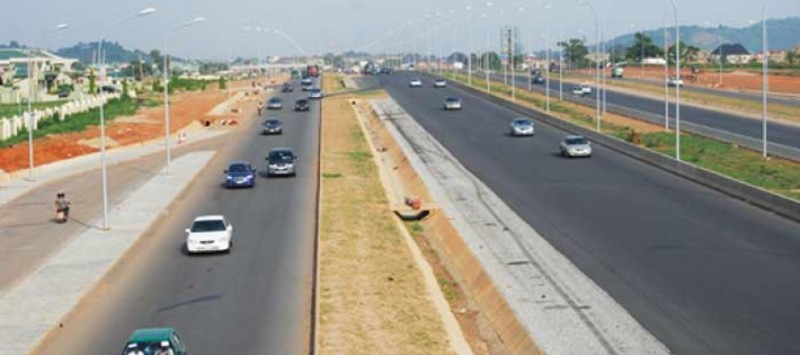The need for Nigeria to eliminate impediments to trade facilitation on major highways was the plea by stakeholders at the Road Governance Caravan organised by the United States Agency for International Development in Nigeria (USAID NIGERIA) for states on the Lagos-Kano-Jibiya (LAKAJI) Corridor.

Development of LAKAJI Corridor as a multimodal major trade route in Nigeria is an initiative of USAID NIGERIA through the Nigeria Expanded Trade and Transport (NEXTT) project which is designed to promote inclusive economic growth through an integrated approach to trade and transport competitiveness.
Speaking at the caravan in Abeokuta, Permanent Secretary, Ministry of Works in Ogun State, Kayode Ademolake, noted that “impediments must be removed for trade facilitation to reduce the cost and time of moving goods and services. This will impact positively on reducing poverty on the corridor and the country.”
“Economic development of Nigeria is expansive and all challenges and encumbrances must be removed to improve trade,” he added.
In 2013, USAID conducted a baseline study on the LAKAJI corridor, which revealed that it costs over $3,000 and takes approximately 12.5 days to send a 20-foot container from Jibiya (border town in Katsina State) to Lagos, while it costs nearly $5,000 and takes approximately 19.5 days to move a 20-foot container from the Lagos port to Jibiya. The cost and time was the highest when compared with similar corridors between two different countries in West Africa and states in the US. The high cost to transport goods along the corridor is largely due to the lengthy clearance time and associated costs at the port with series of bottlenecks and fines along the express way.
A transport specialist from West Africa Borderless Alliance (another USAID initiative), Mr Noel Kosonu, noted that the preponderance of non-trade barriers is responsible for the low level of economic development and integration in Africa. Economic integration in Africa is at less than 11% when compared with over 71% in Europe and 53% in Asia.
According to Mr Kosonu, Nigeria is losing out from serving neighboring landlocked countries in West Africa due to its high cost and time of moving goods. Describing the Lome-Ouagadougou corridor as the most competitive corridor in the West Africa sub-region, the transport specialist stated that “landlocked countries like Niger and Burkina Faso are routing their goods to be moved through Togo because the country has drastically reduced the number of checkpoints, hence movement of goods through the country is faster and at a lower cost.”
“Nigeria can become a lot more competitive for trading in West Africa by the removal of barriers to trade and transport with harmonisation of procedure,” he added.
The Deputy Chief of Party of the NEXTT project notes that about 90% of Nigeria’s population reside along the LAKAJI Corridor, “hence the need to transform this corridor into an economic corridor because the economic development of the corridor which host the two most populated states in Nigeria will trigger the nation’s economy.”
The week-long road governance caravan is an advocacy platform by USAID NIGERIA, which aims to remove non-tariff barriers to enhance the competitiveness of the LAKAJI corridor for necessary investments. The caravan began in Lagos on Monday and it will run along the Southern LAKAJI Corridor states from Lagos to Abeokuta, Ibadan and Ilorin.
Leading agricultural producers, traders, transporters, officials from Federal Road Safety Corp, Nigeria Customs Service and financiers at the caravan proposed and advocated for systemic and practical improvements to the movement of goods, transport, capital, and services across the country.
By Augustina Armstrong-Ogbonna
